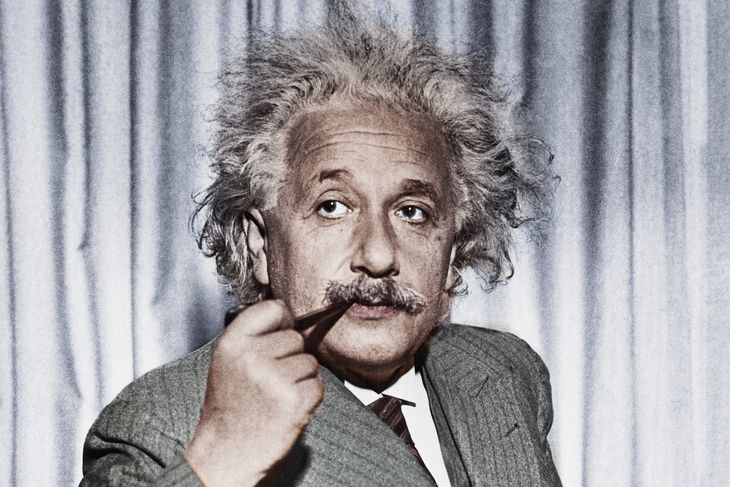For centuries, time was considered a constant, moving in a single direction. However, two of Einstein’s theories showed that our perception of time is misleading.
The concept of time It’s something we take for granted every day. However, modern physics shows us that our intuitive understanding of this phenomenon could be wrong. The theories of Albert Einsteinboth the special relativity like the general relativityradically changed the way we understand time, revealing that it does not behave as an immutable constant, but rather depends on factors such as speed and the gravity.
The content you want to access is exclusive to subscribers.
These ideas challenge the idea that Time progresses uniformly and constantly. Instead of being something fixed, time is shown as a flexible dimension, subject to alterations depending on the physical circumstances of the universe around us. Thus, what we perceive as a constant advance of time could be a simple illusion, especially when we consider the effects of gravity wave speed in the experience of time.


einstein.jpg

According to Einstein’s theory, time is not absolute and can change depending on the speed of the observer, defying our everyday understanding.
What Einstein’s theory is about
The Einstein theory proposed that time is not a universal constantbut it depends on the speed of the observer. This means that two people moving at different speeds will experience the passage of time differently. The faster a person moves relative to another, the slower their time will pass relative to that of the observer at rest.. This phenomenon, known as time dilationwas confirmed experimentally, mainly through the observation of subatomic particles moving at speeds close to that of light.
On the other hand, according to the theory of general relativity, proposal in 1915, time slows down in the presence of strong gravitational fieldslike those of large planets or stars. This effect, called gravitational time dilationwas observed in experiments where atomic clocks located at different altitudes on the Earth’s surface and in an airplane flying at high altitude, showed slightly different times. As gravity increases, as in the vicinity of a black hole, time tends to stop in its tracks. event horizon.
The consequence of these theories is a vision of time as a flexible dimension, which is not universal nor immutablebut it changes depending on factors such as speed and the gravity. Furthermore, satellite navigation systems, which must consider these relativistic effects to function correctly, are a clear example of how these theories impact everyday life.
time

Gravity directly affects the speed at which time passes, showing that not all clocks read the same in different gravitational fields.
freepik
The arrow of time: why does everything tend towards disorder?
The arrow of time refers to the direction in which we experience the passage of time, always moving forward from past to the futurein a process that increases the disorder or entropy. Although the laws of physics do not distinguish between past and future, our experience of time is asymmetricand this is due to second law of thermodynamicswhich establishes that the entropy of an isolated system tends to increase.
The entropy measures the disorder of a system, and natural processes tend to increase it, making certain events irreversiblelike the breaking an egg. For example, if an egg breaks when falling, the disorder increases, and it is not possible for it to put itself back together, which generates the sensation that time only advances in one address.
This increase in entropy It applies to many everyday processes, such as liquid mixture or the ice melting. Our perception of the direction of time is enhanced by the memorythe records of the past and the irreversibility of these processes, which means that the future remains uncertain while the past is marked by the imprint of the growing disorder.
Source: Ambito




